Authorization Software manages access control, ensuring only authorized users can access specific resources or data. It is essential for maintaining data integrity, confidentiality, and regulatory compliance.
Authorization Software plays a critical role in enterprise security by providing mechanisms to enforce policies and manage user permissions. It is used to protect sensitive information, streamline user management, and ensure secure access to applications and data across an organization. Businesses leverage this solution to meet compliance requirements and mitigate risks associated with unauthorized access.
What are the critical features?Authorization Software is implemented in industries like healthcare, finance, and government, where data security and compliance are of paramount importance. For instance, healthcare organizations use this software to ensure that only authorized medical staff can access patient records.
Authorization Software provides robust access control, helping organizations manage permissions, protect sensitive information, and meet compliance requirements efficiently.
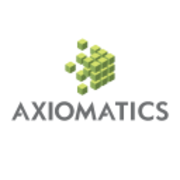
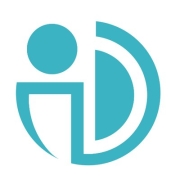
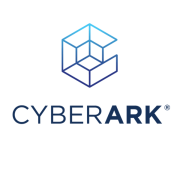
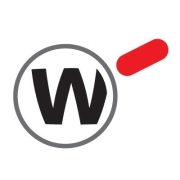
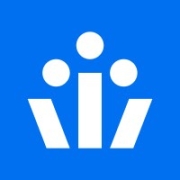




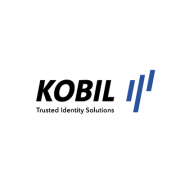

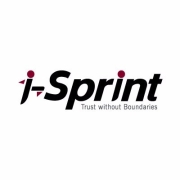






Authorization Software enhances security by ensuring that only authorized users have access to specific resources. It enforces policies that restrict access based on roles, permissions, and contexts, reducing the risk of unauthorized access and potential data breaches. This control mechanism helps maintain the integrity and confidentiality of sensitive information within your organization.
What are the key features to look for in Authorization Software?When selecting Authorization Software, look for features like role-based access control, dynamic policy enforcement, integration capabilities with existing systems, real-time monitoring and reporting, and compliance management. These features ensure the software meets your organization's specific security requirements and helps streamline access management processes.
How does Authorization Software integrate with existing systems?Authorization Software integrates with existing systems through APIs, connectors, and plugins that facilitate seamless communication and interoperability. This integration allows the software to enforce access policies consistently across various applications, databases, and services, thereby ensuring centralized and efficient access control management.
How can Authorization Software help with regulatory compliance?Authorization Software aids in regulatory compliance by enforcing access policies that align with industry standards and regulations. It provides audit trails and reporting capabilities, making it easier to demonstrate compliance during audits. This helps mitigate risks associated with non-compliance and ensures your organization adheres to necessary legal and regulatory requirements.
What are the common challenges faced while implementing Authorization Software?Common challenges include integration complexities with legacy systems, defining and managing roles and permissions, ensuring consistent policy enforcement, and maintaining scalability. Addressing these challenges requires careful planning, thorough testing, and ongoing management to ensure the Authorization Software effectively secures access and adapts to evolving organizational needs.